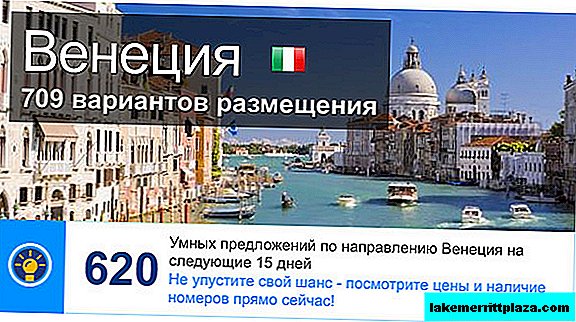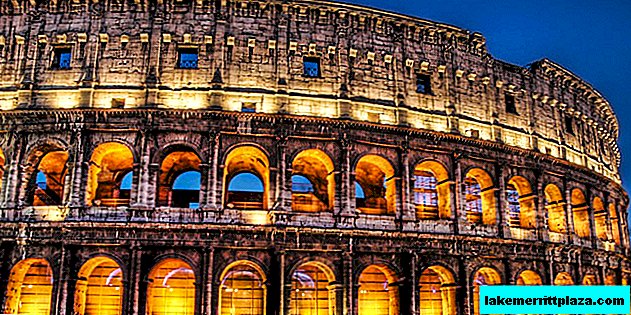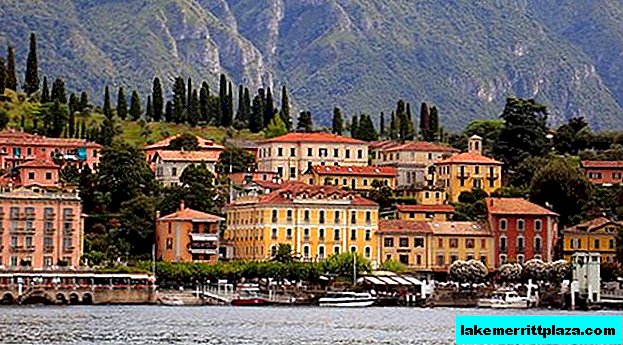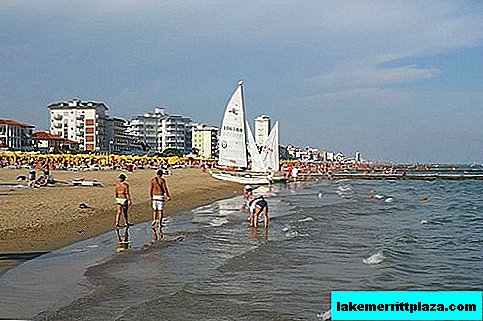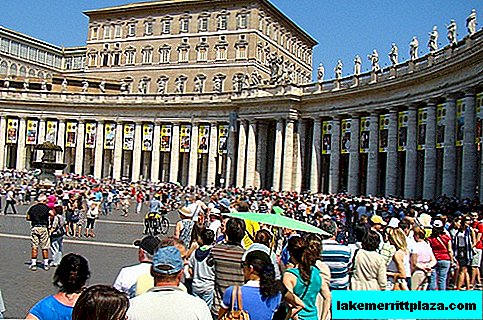Venice is a city in northern Italy, territorially occupying a group of islands. The climate in Venice is temperate, similar to the climate of Crimea, summers are hot and winters are mild.
The history of Venice is full of ups and downs. Today we will learn how a city appeared on the water.
The name of the city comes from the Venetian tribe that inhabited the northern coast of the Adriatic Sea during the Roman Empire. This territory was captured by the Romans and named Aquileia. Aquileia later became the administrative center of the province of Venetia. In 402, the province was devastated by the Visigoths. According to legend, Venice was founded by the inhabitants of the province, who escaped from the Goths on March 25, 421. Settlement began with the Rialto Islands and continued during the decline of the Roman Empire. The main source of income for the inhabitants of the islands was fishing, salt mining and coastal swimming.
- We recommend reading: main sights of Venice
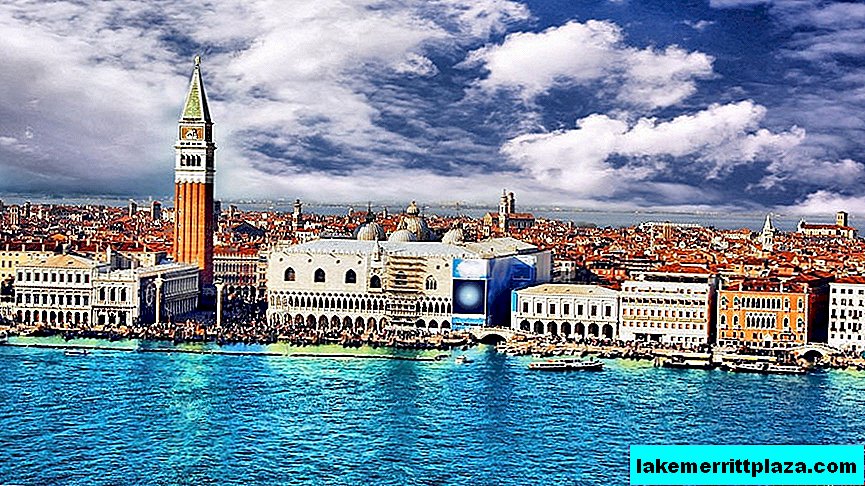
Houses on the water
While the tribes of the Huns, Lombards, and Ostrogoths ravaged the cities of the Western Roman Empire, Venice, thanks to the isolated position and the fact that the inhabitants learned to build houses on stilts and live on the water, avoided the fate of the mainland cities. The invasion of militant barbarians led to the resettlement of wealthy mainland residents on the islands.
The result was a rapid increase in trade and transportation of goods, since the escaped nobility invested in these industries.
In the VI century, Venice had the strongest fleet on the Adriatic, which supported the emperor Justinian in the war of the Eastern Roman Empire with the Ostrogoths. In gratitude, Byzantium granted Venice its protection and trade privileges. The Venetians elected the first Doge in 697. For more than 1,000 years, 117 Doges have been in power in Venice.
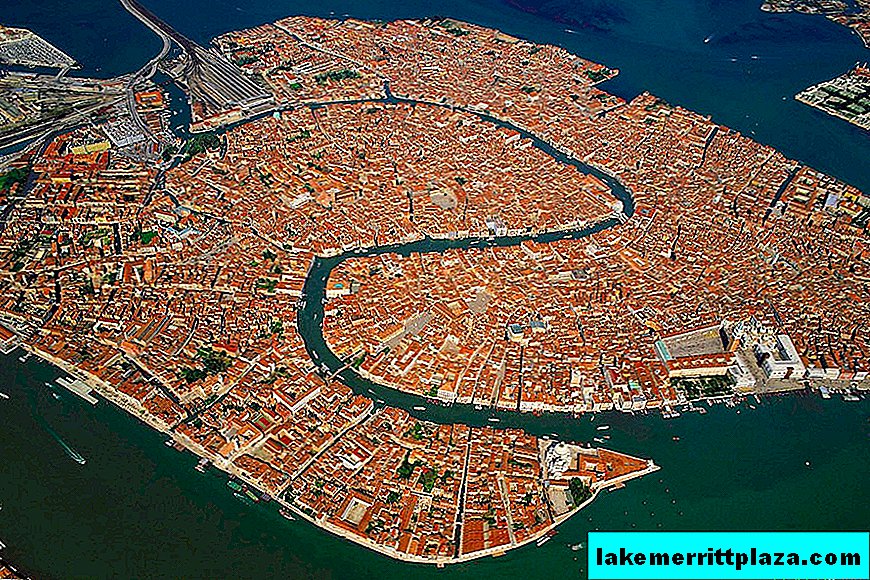
Due to its unique location, Venice was a trade and transportation hub through which silk, rice, coffee and spices, which at that time were worth more than gold, to Europe.
Middle Ages and Commerce
The competent policies of the Doge Pietro Orseolo II, organist marriages, the help of Byzantium rendered by Venice against the Saracens, further increased the privileges of the Venetian merchants. The "golden bull" given by Byzantium halved the duty from the Venetian ships coming to Constantinople. During the crusades, Venice increased its wealth through loans to the crusaders and the freight of ships. With varying success, for nearly two centuries, Venice waged war with Genoa, which was based on trade rivalry. In the 12th century, the first banks were opened in Venice. Venetian sailors first began to insure their cargo.
In the XII-XIII centuries, large ships with a displacement of up to 200 tons began to be built at the shipyards of Venice.
To increase its economic power, the Republic of Venice annexed continental territories called terra-farm. In 1494, the Venetian Luca Pacholli systematically described double-entry bookkeeping, successfully used in the modern world.

Decline
Since the 15th century, when great geographical discoveries were made, Venice surrendered its position to Portugal, Spain, Holland and England. By the eighteenth century, Venice had lost its former power; most of the mainland possessions passed to Austria. But the city itself shone with splendor. During this period, gambling and prostitution were widespread in Venice.

On May 1, 1797, Napoleon declared war on Venice. The Grand Council decided to fulfill all the requirements; on May 12, the Doge Ludovico Manin abdicated.
For the first time in more than a thousand years, Venice has lost its independence.
The city’s economy was undermined by the French continental blockade. But time passed, in 1869 the Suez Canal was opened, a new port was built in Venice, and the city became a popular place to start a trip to the East. The tourism business is developing, annual international art exhibitions are held in Venice, and the Golden Lion International Film Festival has been held since 1932.
